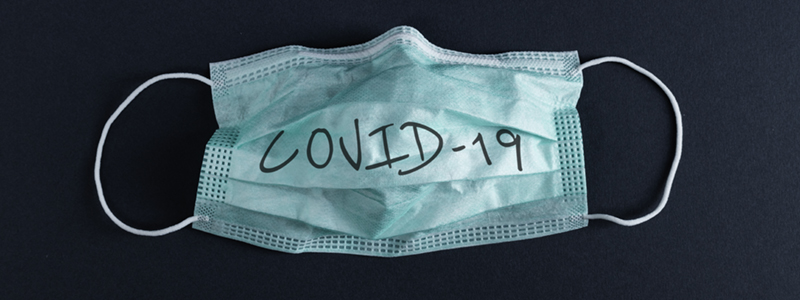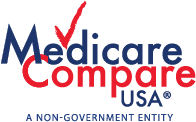Coronavirus, Medicare, and You

What has changed?
On March 27, 2020, President Trump signed into law the Coronavirus Aid, Relief, and Economic Security (CARES) Act, H.R. 748 which in combination with Policy changes from the Centers for Medicare and Medicaid Services (CMS) includes the following critical changes to Medicare:
- Medicare covers the lab tests for COVID-19. You pay no out-of-pocket costs (Co-pays or Deductibles).
- Medicare covers all medically necessary hospitalizations. This includes if you are diagnosed with COVID-19 and might otherwise have been discharged from the hospital after an inpatient stay, but instead remain under quarantine.
- Medicare covers FDA authorized COVID-19 Vaccines! If you are enrolled in Original Medicare (Part A + Part B) or Medicare Advantage plans (Part C), there is no cost for either the vaccine or its administration. There are no out-of-pocket expenses or cost sharing requirements (including co-pays and deductibles) for Medicare Beneficiaries who receive these COVID-19 vaccinations. For more information, please visit the Medicare’s official webpage on the subject.
- Medicare now pays for telehealth services. Check with your physician’s office to see what telehealth services they have made available.
- The federal government has reduced restrictions on advanced prescription drug refills (up to a 90-day supply) as well as restrictions on home or mail delivery of prescriptions.
- If you have a Medicare Advantage Plan, cost-sharing may be waived for COVID-19 lab tests. Many plans offer additional telehealth benefits beyond the ones described above. Check with your plan about your coverage and costs.
This information and more can be found at www.medicare.gov/medicare-coronavirus, while you can find the complete text of the CARES Act here: www.congress.gov/116/bills/hr748/BILLS-116hr748enr.pdf
Covid-19 Medicare Resources
While some changes to Medicare are happening across the board, your specific Medicare policy carrier may have made some specific changes to their plans, benefits, and coverage.
Some markets may vary by state, so be sure to verify details specific to your state.
Beware of Medicare fraud!
Scammers may use the coronavirus national emergency to take advantage of people. Some examples:
- Robocalls offering you respiratory masks they’ll never send
- Social media posts fraudulently seeking donations for non-existent charities, or claiming to give you stimulus funds if you enter your bank account information
- Fake testing kits, cures, “immunity” pills, and offers for protective equipment
Guard your Medicare card like a credit card and check Medicare claims summary forms for errors. If someone calls you on the phone, says they are from Medicare, and asks for your Medicare number or other personal/financial information, hang up! Medicare never calls its beneficiaries to ask for or to “verify” Medicare numbers. Do not share bank account information over the phone in exchange for ‘offers’ by scammers!
If you suspect Medicare fraud, please report it by calling Medicare’s toll-free customer service center at 1-800-MEDICARE (1-800-633-4227), or by visiting www.medicare.gov/fraud.
Additional Resources:
For critical Information, follow the Medicare page dedicated to Coronavirus coverage:
www.medicare.gov/medicare-coronavirus
For disease prevention, follow CDC Guidelines for Prevention of Virus Spread:
www.cdc.gov/coronavirus/2019-ncov/prevent-getting-sick/prevention.html
For Medicare Coverage and Payment Updates:
www.cms.gov/files/document/03052020-medicare-covid-19-fact-sheet.pdf
For more about Telehealth services and relaxed standards for use:
www.federalregister.gov/documents/2020/04/06/2020-06990/medicare-and-medicaid-programs-policy-and-regulatory-revisions-in-response-to-the-covid-19-public
For more on what actions your State is taking:
www.ncsl.org/research/health/state-action-on-coronavirus-covid-19.aspx and www.nga.org/coronavirus/#actions
FAQs
For help enrolling in Medicare, as well as comparing and/or buying existing Medicare Policies in your service area, call us at the Medicare Comparison helpline (866-391-7763) to speak to a licensed agent who is specially trained to help you understand your Medicare options, or request assistance here: medicarecompareusa.com/speak-with-an-agent
For more FAQs, read what CMS has provided here: www.cms.gov/files/document/03092020-covid-19-faqs-508.pdf
